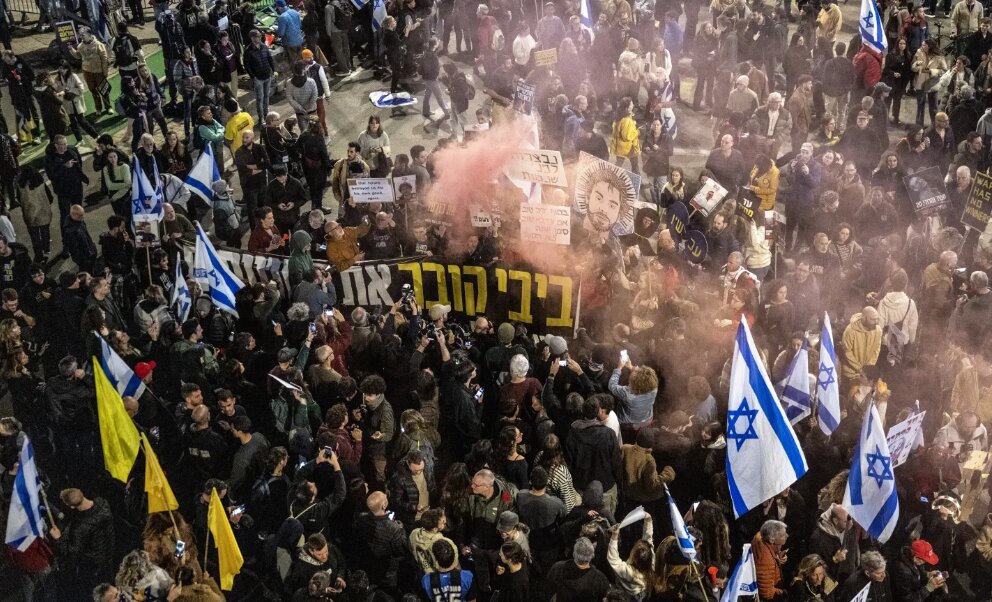Tehran – Official approval of a plan for the full occupation of the Gaza Strip by ministers of the Zionist regime has sparked a wave of protest and concern among hostage families.
The Hostages and Missing Family Forum issued a harsh statement that the implementation of this military operation would seriously threaten the lives of the remaining hostages in Gaza.
“The Israeli government should not sacrifice hostage lives for military targets. It calls for immediate access to agreements for the return of loved ones,” reads part of the statement.
At the same time as the plan was approved, individual protests have also been strengthened.
At a Knesset Committee meeting on Monday, Einav Zangarkar, whose son Mathan is being held hostage, urged sanctuary soldiers to refrain from participating in military operations. “I ask soldiers not to participate in a war that threatens the lives of our children in order to maintain the conscience of humans,” she emphasized.
Meanwhile, the Zionist regime’s army has announced that it has called for thousands of reserve forces to take part in a new operation in Gaza, moving further raising concerns among hostage families.
Israeli political and social experts believe that the continued situation could deepen social disparities between political decision makers and hostage families. According to analysts, this disparity is no longer merely a difference of opinion, but a clear indication of a crisis of legitimacy within the governing structure of the Zionist regime.
The recent decision to occupy Netanyahu’s Gaza was made while Israeli society is one of the most vulnerable psychological and social states. The growing dissatisfaction with the government’s handling of hostage issues has rapidly transformed into a social crisis that even the administration’s security agencies could not remain indifferent.
When the hostage mother explicitly asks the soldiers to distance themselves from the war, her voice not only reaches the army, but also raises doubts about Israel’s internal unity. From a strategic perspective, Netanyahu can no longer ignore the public’s complaints by asserting “national security.” Societys that believe children are being sacrificed for unclear military benefits will gradually distance themselves from the structure of domination.
This trend can be called the “start of an internal rupture.” This is a rupture that severely undermines the Israeli regime’s ability to manage the crisis, especially when external pressure is involved, especially in situations where Palestinian resistance is still capable of responding on the ground, and global public opinion is more sensitive to Tel Aviv’s actions. The emergence of a social crisis within occupied territory could change the balance of power in favour of resistance.
Ultimately, the Netanyahu Cabinet’s decision to occupy Gaza will lay the foundation for erosion of public trust, a significant decline in military morale, and a weakening of security aggregation in Israeli society. A trend that could stand up to the existence of a Zionist regime with strategic and unprecedented challenges.
(Farhad Pashavand is an expert in international affairs.)

